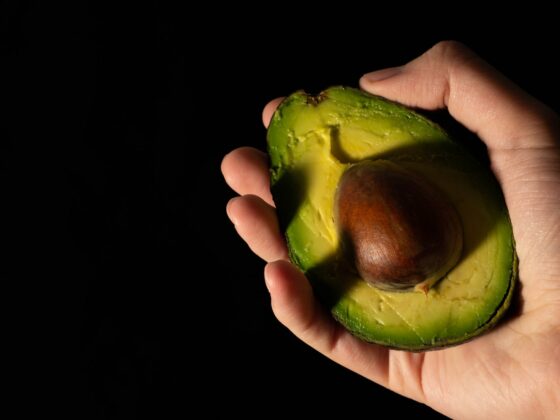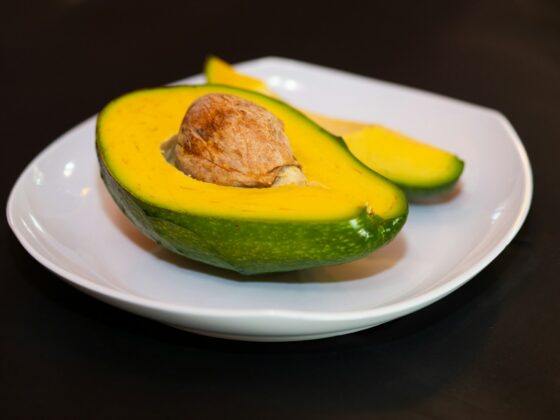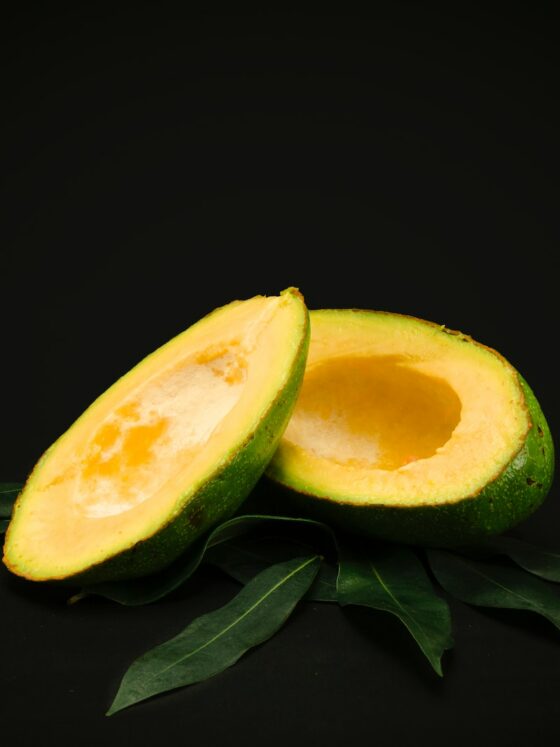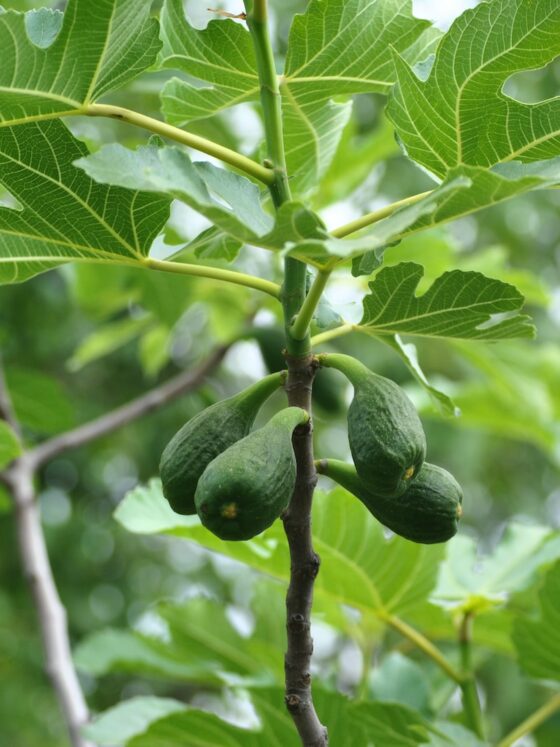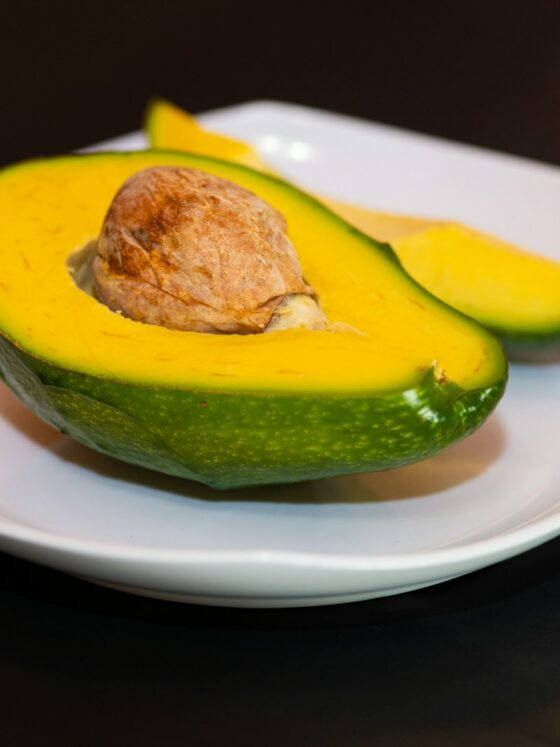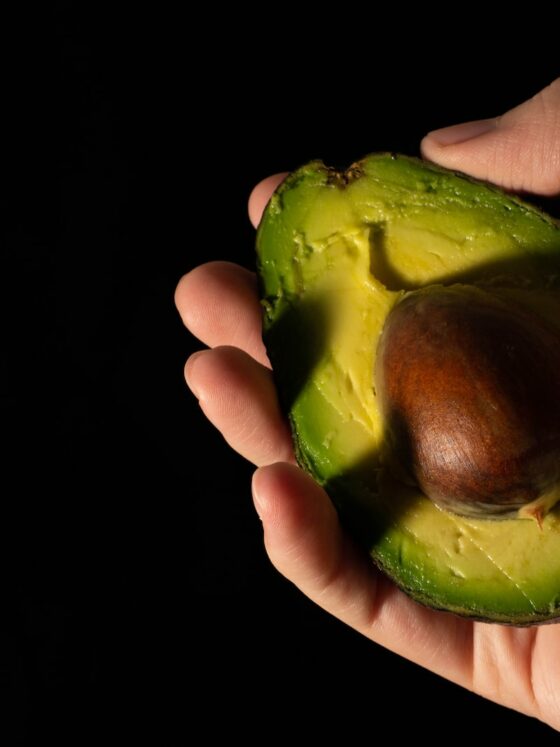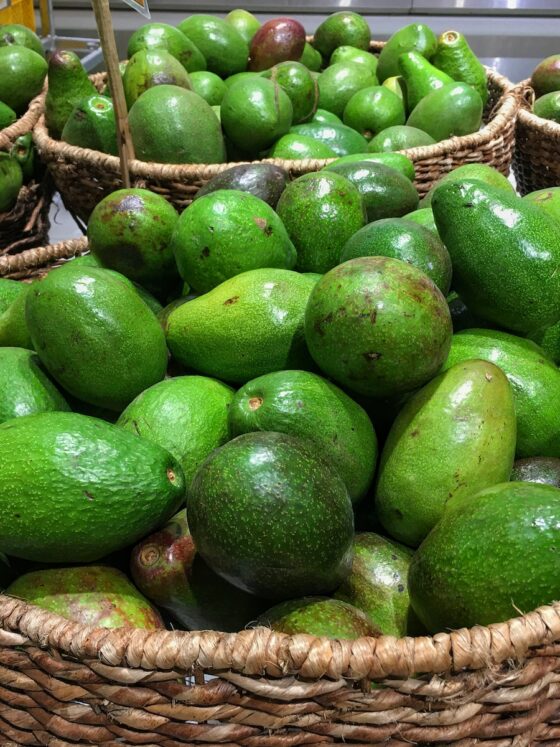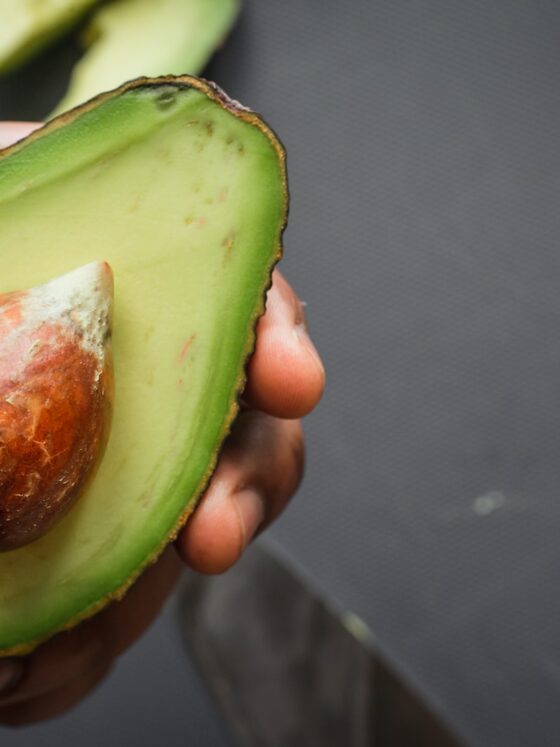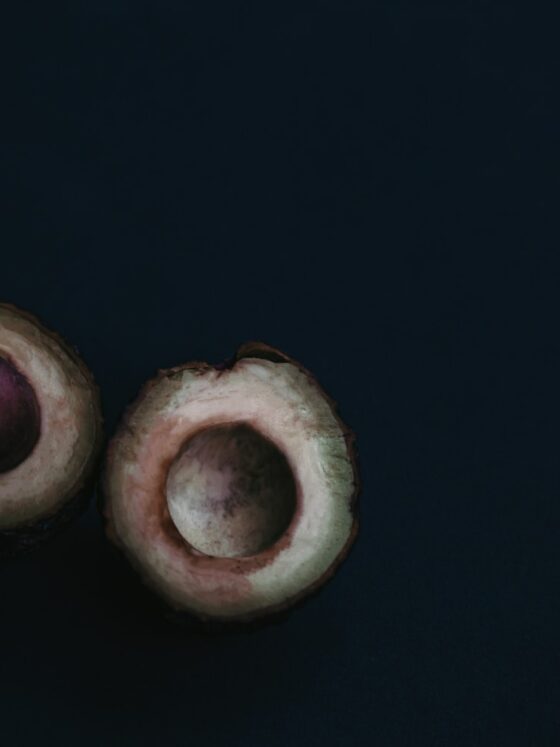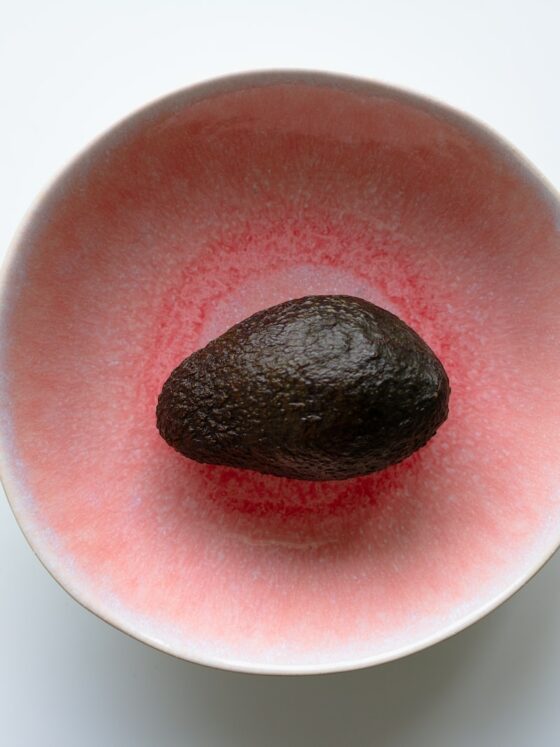Avocado oil has become increasingly popular in recent years due to its numerous health benefits. It is a rich source of monounsaturated fats, which can help improve heart health and lower cholesterol levels. Additionally, it contains a variety of nutrients that can aid in nutrient absorption and promote overall wellbeing.
Making avocado oil at home is a simple process that requires only a few ingredients and tools. There are several methods for making avocado oil, including cold-pressing, hot-pressing, and using the skin and seed. Each method has its own unique benefits and drawbacks, so it is important to choose the method that best suits your needs and preferences.
By making your own avocado oil, you can ensure that it is fresh, pure, and free from any additives or preservatives. Whether you are looking to improve your heart health, lower your cholesterol levels, or simply enjoy the delicious flavor of avocado oil, making it at home is a fun and easy way to reap its many benefits.
Table of Contents
Understanding Avocado Oil
Avocado oil is a popular oil that is extracted from the flesh of avocados. It is known for its unique flavor and high nutritional value. This section will explore the nutritional profile, culinary uses, and comparison with other oils of avocado oil.
Nutritional Profile
Avocado oil is rich in healthy fats, vitamins, and antioxidants. It is high in monounsaturated fat, which is known to help reduce the risk of heart disease and other chronic diseases. Additionally, avocado oil contains oleic acid, which is a type of monounsaturated fat that is also found in olive oil. Oleic acid has been shown to have anti-inflammatory properties and may help reduce the risk of certain types of cancer.
Avocado oil is also high in antioxidants, which can help protect the body against oxidative stress and inflammation. It is a good source of vitamin E, which is a powerful antioxidant that is important for skin health.
Culinary Uses
When compared to other oils, avocado oil has a higher smoke point than olive oil and extra virgin olive oil. This means that it can be used at higher temperatures without smoking or burning. Avocado oil also has a milder flavor than olive oil, which makes it a good choice for recipes where the flavor of the oil is not the main focus. Discover more about the benefits of avocado oil and how it can be a versatile addition to your cooking.
Comparison with Other Oils
Avocado oil is often compared to olive oil due to their similar nutritional profiles. Both oils are high in healthy fats and antioxidants. However, avocado oil has a higher smoke point than olive oil, which makes it a better choice for cooking at high temperatures. Additionally, avocado oil has a milder flavor than olive oil, which makes it a good choice for recipes where the flavor of the oil is not the main focus.
When compared to other cooking oils, avocado oil is a healthier choice than oils that are high in saturated fats, such as coconut oil. Saturated fats have been linked to an increased risk of heart disease and other chronic diseases. Avocado oil is also a better choice than vegetable oils that are high in omega-6 fatty acids, which can cause inflammation in the body when consumed in excess.
In summary, avocado oil is a healthy and versatile oil that can be used in a variety of recipes. Its high smoke point and mild flavor make it a great choice for cooking, baking, and frying. Additionally, its high nutritional value makes it a healthier choice than other oils that are high in saturated fats or omega-6 fatty acids.
Preparation of Avocado Oil at Home
Making avocado oil at home is a simple and cost-effective DIY project that anyone can do. Here are some step-by-step instructions on how to extract avocado oil from ripe avocados.
Selecting the Right Avocados
The first step in making avocado oil is to select the right avocados. Choose ripe avocados that are soft to the touch but not mushy. The flesh of the avocado fruit should be bright green and free of brown spots.
Extracting the Oil
To extract avocado oil, start by cutting the avocados in half and removing the pit. Next, scoop out the avocado flesh and puree it in a blender or food processor until it is smooth.
Once the avocado flesh is pureed, transfer it to a pot and heat it over low heat for about 30 minutes. This will help the oil separate from the flesh.
After heating, let the puree cool before straining it through a cheesecloth, coffee filter, nut milk bag, or muslin cloth to extract the oil. Squeezing the cloth will help to extract as much oil as possible.
Refining the Oil
After extracting the avocado oil, it may contain impurities that need to be removed. To refine the oil, heat it over low heat for about 10 minutes and then let it cool.
Once cooled, strain the oil through a thin cloth to remove any remaining impurities. The refined avocado oil can be stored in a clean, airtight container in a cool, dry place.
In conclusion, making avocado oil at home is a simple and easy DIY project that requires only a few basic tools and ingredients. By following these step-by-step instructions, anyone can extract avocado oil from ripe avocados and refine it for use in cooking, skincare, or hair care.
:max_bytes(150000):strip_icc()/GettyImages-1303865508-527ad6621aca4cf9bceb582d445e384c.jpg)
Storage and Preservation
After making homemade avocado oil, proper storage and preservation are crucial to ensure its quality and shelf life. Here are some guidelines to follow:
Bottling and Labeling
Before storing homemade avocado oil, it should be bottled and labeled properly. Use a clean and dry bottle with a tight-fitting cap or cork to prevent air and moisture from entering. A small bottle is recommended to reduce the amount of air space in the container. Label the bottle with the date of production and the type of oil to avoid confusion with other oils.
Shelf Life and Storage Conditions
Homemade avocado oil has a shelf life of about 6 months to a year if stored properly. It is important to keep it away from light, heat, and moisture to prevent oxidation and rancidity. The best storage conditions for avocado oil are in a dark and cool place, such as a pantry or refrigerator.
To extend the shelf life of homemade avocado oil, some people add natural preservatives, such as vitamin E or rosemary extract. However, it is important to note that adding preservatives may alter the flavor and quality of the oil.
Leftover avocado pulp can also be stored for future use. After drying the pulp in a baking tray, it can be stored in an airtight container in the pantry for up to a month or in the refrigerator for up to three months. The dried pulp can be used as a nutritious additive in smoothies, baked goods, or as a thickening agent in sauces.
In conclusion, proper storage and preservation are essential to maintain the quality and freshness of homemade avocado oil. By following the guidelines above, homemade avocado oil can become a pantry staple that adds flavor and nutrition to a variety of dishes.
Health and Beauty Applications
Avocado oil is not only a great ingredient for cooking but also has several health and beauty applications. In this section, we will discuss the dietary benefits as well as skincare and haircare applications of avocado oil.
Dietary Benefits
Avocado oil is rich in monounsaturated fatty acids, particularly oleic acid, which has been linked to several health benefits. According to a study published in the Journal of Lipid Research, oleic acid has been shown to improve heart health by reducing cholesterol levels. Additionally, avocado oil contains antioxidants and anti-inflammatory properties that can help reduce inflammation in the body.
Skincare and Haircare
Avocado oil is also a popular ingredient in many beauty products due to its numerous benefits for the skin and hair. The oil is rich in vitamin E, which is an antioxidant that helps protect the skin from damage caused by free radicals. It also contains lutein, which has been shown to improve eye health.
When applied topically, avocado oil can help moisturize and nourish the skin. Its anti-inflammatory properties can also help reduce inflammation and redness. Additionally, it can be used as a hair treatment to help nourish and strengthen hair strands.
In conclusion, avocado oil has several health and beauty benefits that make it a versatile ingredient to have in your pantry. Whether you are using it for cooking or as a part of your beauty routine, avocado oil is a great addition to a healthy lifestyle.


